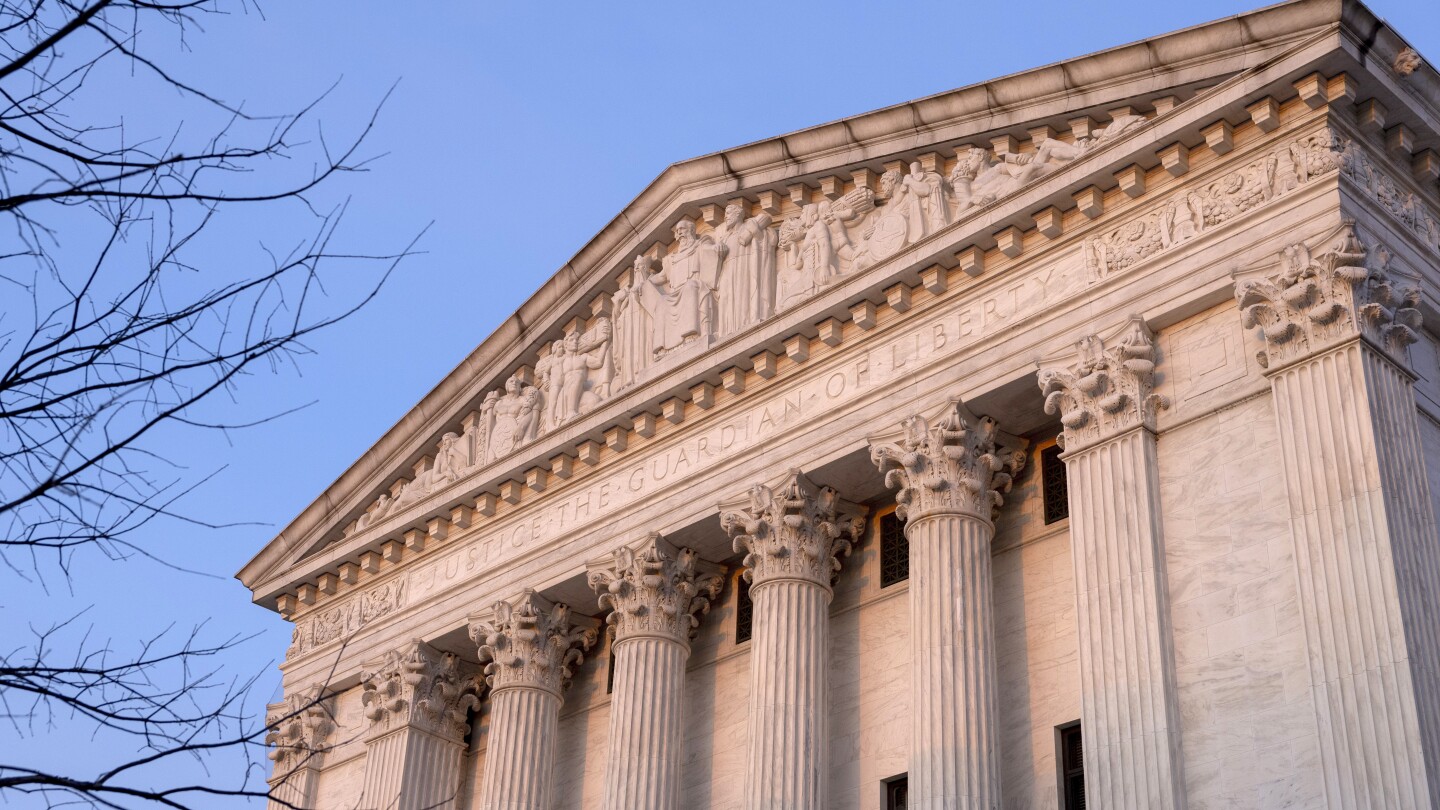The Supreme Court is allowing Idaho to enforce its ban on gender-affirming care for transgender youth while lawsuits over the law proceed, reversing lower courts.
The justices’ order Monday allows the state to put in a place a 2023 law that subjects physicians to up to 10 years in prison if they provide hormones, puberty blockers or other gender-affirming care to people under age 18. Under the court’s order, the two transgender teens who sued to challenge the law still will be able to obtain care.
The court’s three liberal justices would have kept the law on hold. Justice Ketanji Brown Jackson wrote that it would have been better to let the case proceed “unfettered by our intervention.”
Justice Neil Gorsuch of the conservative majority wrote that it is “a welcome development” that the court is reining in an overly broad lower court order.



You can try and muddle up the language, but it is pretty clear: estrogen and testosterone are the main female and male hormones. They both are present in everyone, and can block each other if one is dominant enough. So in that sense, yes, hormones can act as blockers, and that’s the idea behind estrogen monotherapy for example. The ones called “blockers”, like cyproterone acetate and other antiandrogens, don’t have any effects on their own other than cancelling the effects of testosterone, in this case.
I prefer to think of it like this: forcing trans kids to go through puberty is the equivalent of forcing them to take hormones, the difference being they’re produced naturally in their bodies. Blockers give them a chance to be free from those hormones, and eventually take the correct ones.